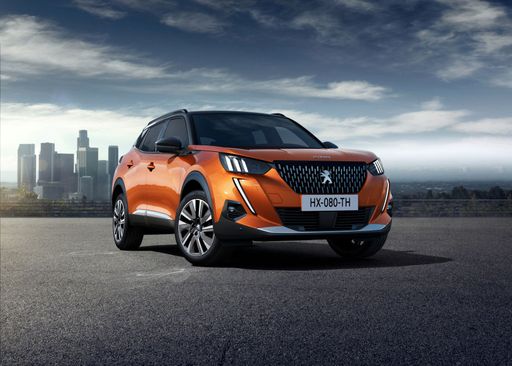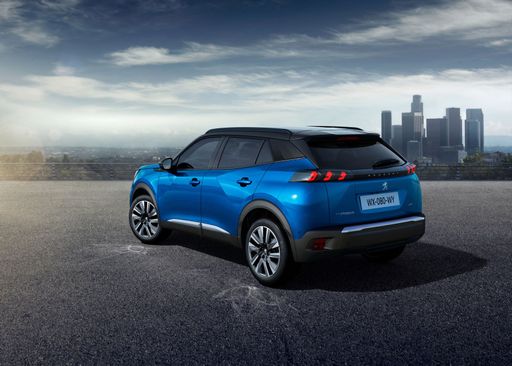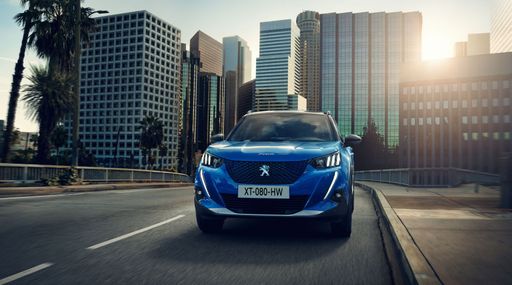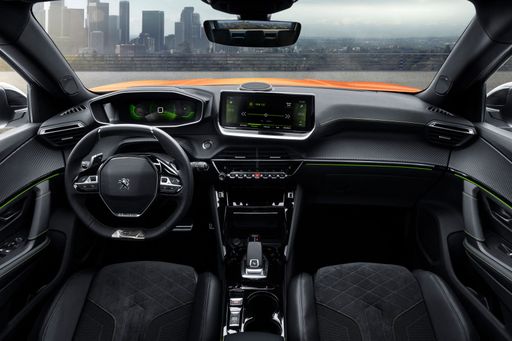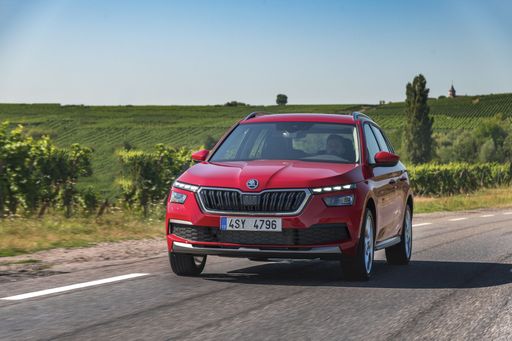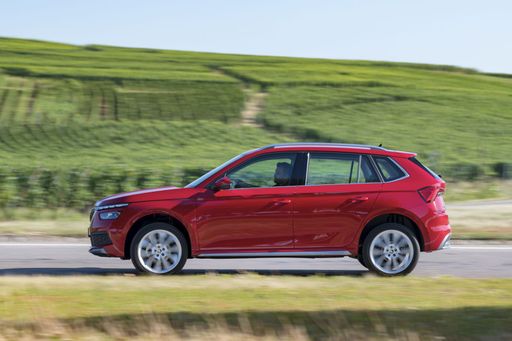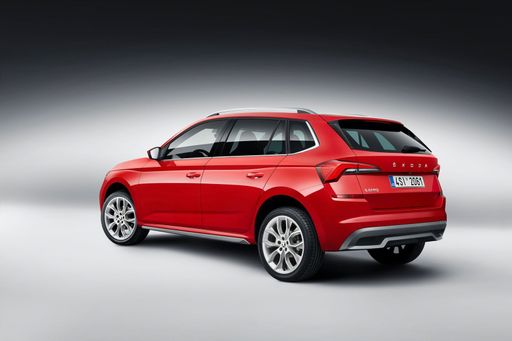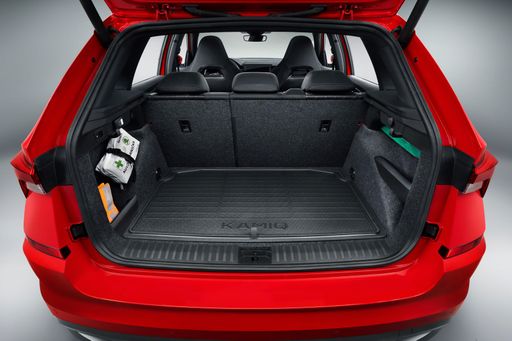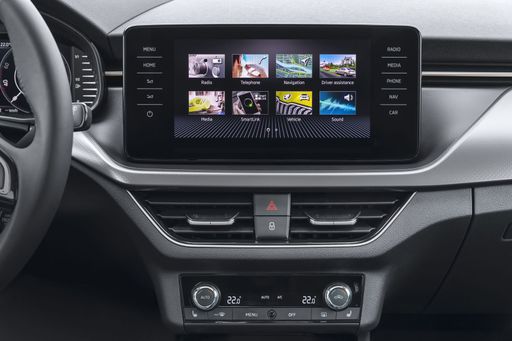Introducing the Competitors: Peugeot 2008 vs. Skoda Kamiq
The compact SUV segment is booming, and two standouts in this category are the Peugeot 2008 and the Skoda Kamiq. Both vehicles deliver a blend of performance, comfort, and innovative technology, but they differ in several aspects that could sway potential buyers. This comparative analysis delves into their technical specifications and unique features, helping you make an informed decision.

